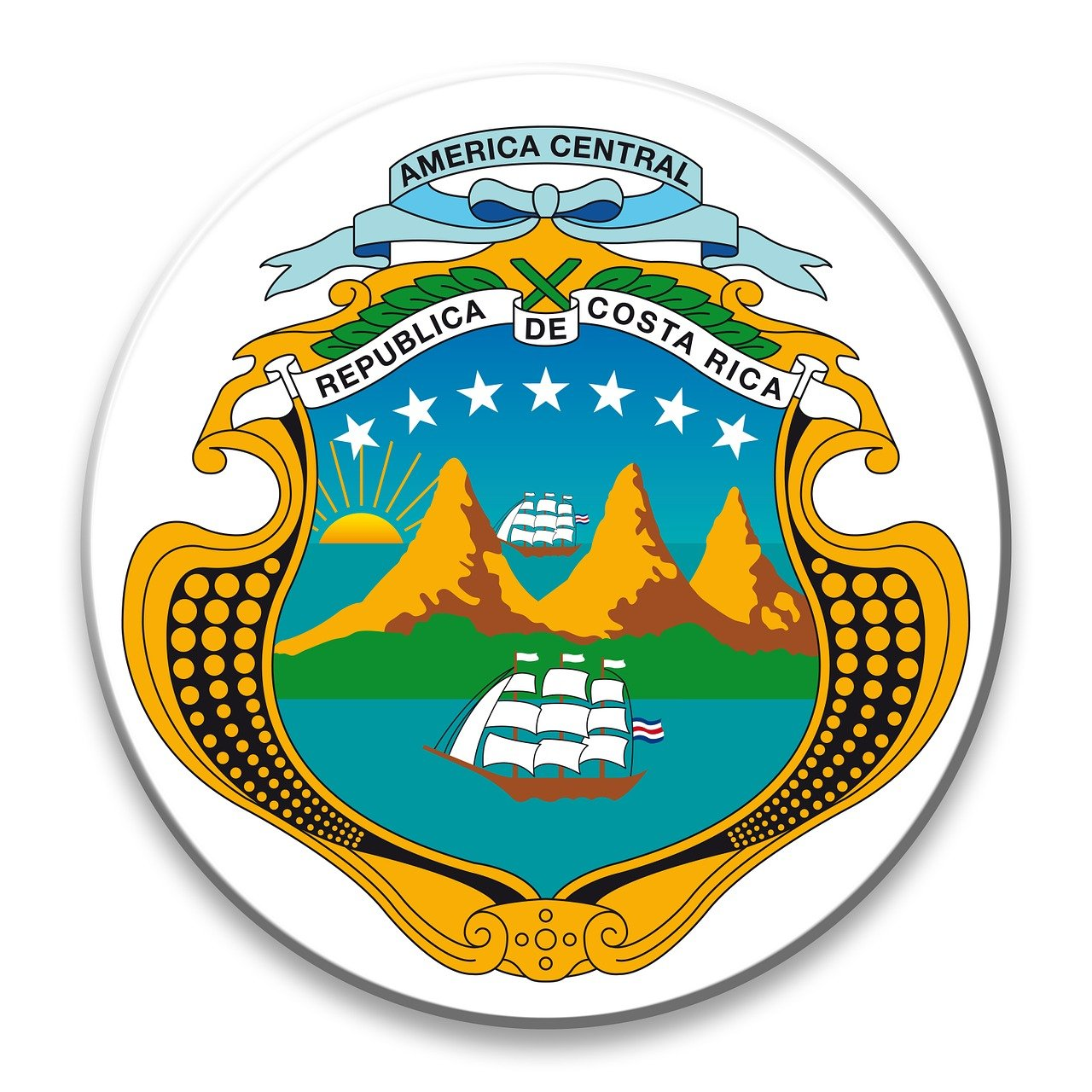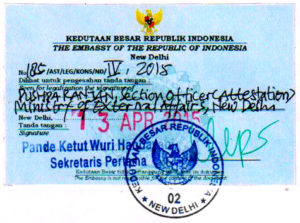
If you’re dreaming of living in paradise, Costa Rica offers a smooth and welcoming path to make it a reality. Whether you’re looking to retire, invest, work remotely, or join your family, Costa Rica has various residency options tailored to different needs. This guide will walk you through everything you need to know about the Costa Rica residency application process, helping you make informed decisions and avoid common pitfalls.
Why Choose Costa Rica?
Costa Rica is more than a tropical destination—it’s a lifestyle choice. With its lush landscapes, stable democracy, friendly locals, affordable healthcare, and a lower cost of living compared to North America and Europe, it’s no wonder thousands of foreigners call Costa Rica their new home.
Types of Residency in Costa Rica
There are several legal ways to obtain residency in Costa Rica. The most popular include:
- Pensionado (Retiree Residency)
Perfect for retirees who receive a minimum of $1,000 per month from a permanent pension source (like Social Security or a private pension).
Requirements:
- Proof of monthly pension income
- Criminal Background check
- Marriage and/or birth certificates (if applying with family)
- Valid passport and photos
- Rentista (Fixed Income Residency)
Ideal for individuals who can demonstrate a stable income from sources other than wages or a salary, of at least $2,500 per month for 24 months, or a $60,000 deposit in a Costa Rican bank.
Requirements:
- Proof of income or deposit
- Same documentation as Pensionado
- Investor Residency (Inversionista)
This program is for those applicants who invest at least $150,000 USD in Costa Rica. Investment options include real estate, business, or shares in local companies. Please note: effective January 1, 2026 the required investment amount will increase to $200,000 USD.
Requirements:
- Proof of investment
- Business plans or property deeds
- Financial statements
- Permanent Residency
Usually available after three years of temporary residency. Immediate family members of Costa Rican citizens may apply directly for permanent residency.
Benefits: No income requirements and full working rights in Costa Rica.
Costa Rica Residency Application Process
Getting residency in Costa Rica involves several key steps:
Step 1: Choose the Right Residency Category
Evaluate your financial situation, lifestyle needs, and long-term goals to select the residency category that best suits you. At Residency in Costa Rica, our mission is to guide and assist you to the most advantageous residency program based upon your individual circumstances and needs.
Step 2: Gather the Required Documents
Each type of residency requires specific documentation:
- Birth certificate
- Marriage certificate (if applicable)
- Police background check from your home country
- Proof of income, pension, or investment
- Passport-size photos
- Valid passport
- Other requirements may apply
Important: All foreign documents must be apostilled or legalized and officially translated into Spanish.
Step 3: Submit Your Application to DGME
Costa Rica’s Dirección General de Migración y Extranjería (DGME) is the immigration authority that processes residency applications. You can submit the application in person or through a qualified legal representative like Residency in Costa Rica.
Step 4: Wait for Approval
The process can take 9 to 11 months, depending on the complexity of your case and the current backlog at DGME. In the meantime, you can remain in Costa Rica legally.
Step 5: Obtain Your Residency Card
Once approved, you’ll receive your official residency card (a “DIMEX card”) and must enrol in Caja Costarricense de Seguro Social (CCSS), the Costa Rican public healthcare system, monthly dues apply.
Why Work with Residency in Costa Rica?
The application process can be complex, with strict documentation rules and legal requirements. At ResidencyInCostaRica.com, we simplify the process by offering:
- Personalized guidance for your residency needs
- Help with document preparation, translations, and apostilles
- Legal filing and representation before immigration
- Updates and communication throughout the process
With over 20 years of experience and local expertise, our goal is to make your transition to Costa Rica as smooth and stress-free as possible.
Start Your Residency Journey Today
Whether you’re retiring on the beach, investing in real estate, or starting a new chapter with your family, Costa Rica is waiting for you with open arms. Let our team at Residency In Costa Rica help you every step of the way—from initial consultation to final approval.
Contact us today to schedule your free consultation and start your journey toward legal residency in Costa Rica.

 The client, born during the tumultuous period of time when Indonesia gained its
The client, born during the tumultuous period of time when Indonesia gained its